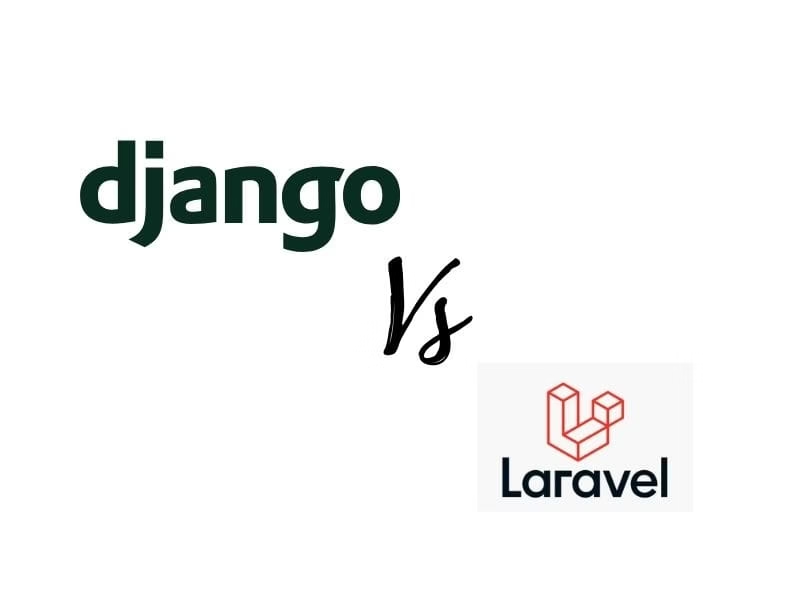
In the realm of web development, choosing the right framework is akin to selecting the right tool for the job. Two of the heavyweight contenders in this arena are Django and Laravel, each boasting a robust set of features and a thriving community of developers. Let’s delve into the strengths and weaknesses of Django and Laravel to understand which framework might emerge victorious in the battle for supremacy.
Django: The Pythonic Powerhouse
1. Pythonic Simplicity:
- Pros: Django follows the “Pythonic” philosophy, emphasizing readability and simplicity. Its clean syntax and straightforward design make it an excellent choice for developers who prioritize elegant, concise code.
- Cons: Some argue that the emphasis on convention over configuration may limit flexibility in certain scenarios.
2. Batteries Included:
- Pros: Django is renowned for its “batteries included” approach, providing a plethora of built-in features such as an ORM, admin panel, authentication, and more. This can accelerate development and reduce the need for third-party libraries.
- Cons: The abundance of features might be overwhelming for smaller projects, and developers might find themselves navigating through unnecessary components.
3. Django REST Framework:
- Pros: Django excels in building RESTful APIs, thanks to the Django REST Framework. It simplifies API development, offering serializers, authentication, and viewsets out of the box.
- Cons: For projects heavily centered on API development, some developers argue that Django may introduce unnecessary complexities.
Laravel: The PHP Artisan’s Delight
1. Eloquent ORM and Blade Templating:
- Pros: Laravel boasts the Eloquent ORM, a powerful and expressive tool for database interactions. The Blade templating engine simplifies the creation of dynamic views, promoting clean and concise code.
- Cons: Developers transitioning from other frameworks may need some time to adapt to Laravel’s unique syntax and conventions.
2. Laravel Mix and Ecosystem:
- Pros: Laravel Mix simplifies asset compilation and management. Laravel’s ecosystem includes tools like Forge for server management and Envoyer for deployment, providing a cohesive development environment.
- Cons: Some developers argue that Laravel’s opinionated approach may feel restrictive, particularly for those who prefer more configuration options.
3. Laravel Horizon and Telescope:
- Pros: Laravel Horizon offers real-time monitoring and task management, while Telescope provides a debugging and introspection tool. These features enhance the developer experience and facilitate efficient project maintenance.
- Cons: The additional tools may be considered overkill for smaller projects, leading to unnecessary complexity.
The Verdict: Django vs. Laravel
Choosing between Django and Laravel ultimately depends on your project requirements, team expertise, and personal preferences.
- Django shines in scenarios where:
- You prefer a “batteries included” framework with many built-in features.
- Your project involves complex data models and requires a robust admin interface.
- You prioritize Python’s simplicity and readability.
- Laravel excels when:
- You are working in a PHP-centric environment.
- Your project requires an elegant ORM and a templating engine for dynamic views.
- You appreciate Laravel’s ecosystem and additional tools for monitoring and deployment.
In the battle of Django vs. Laravel, there is no clear winner; both frameworks have their strengths and weaknesses. It’s crucial to assess your project’s specific needs and align them with the framework that best suits your development style and objectives. Ultimately, the “winner” is the framework that empowers you to build powerful, scalable, and maintainable web applications.

